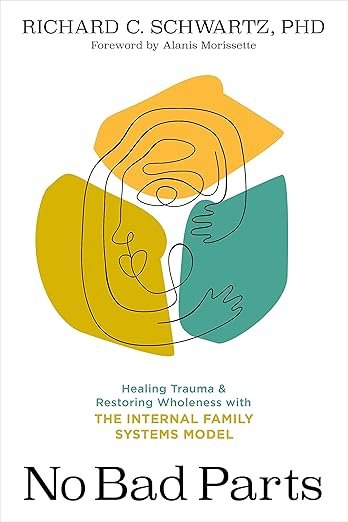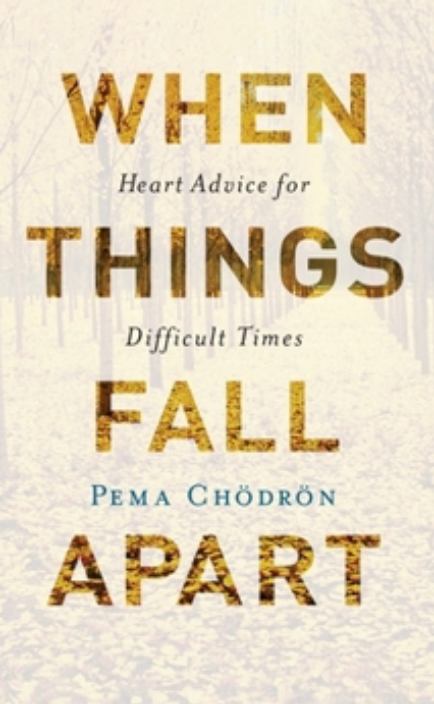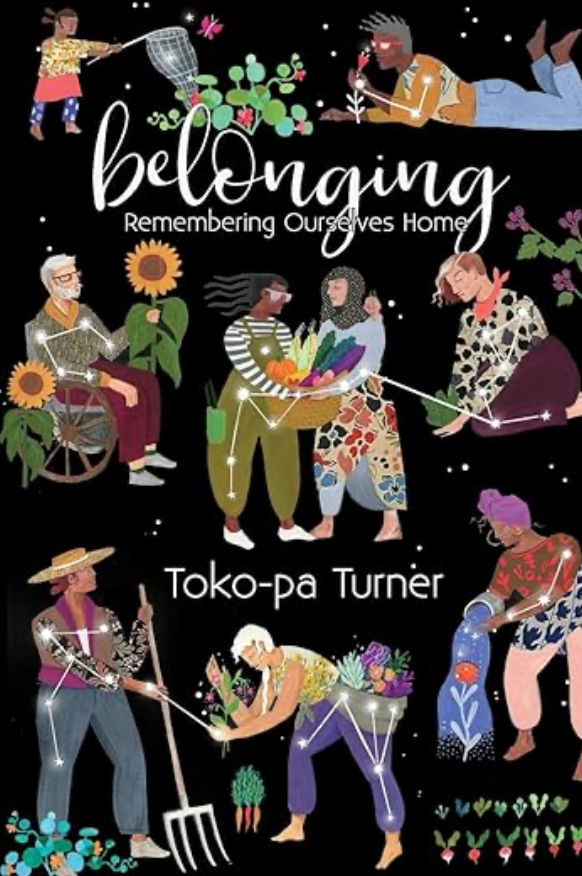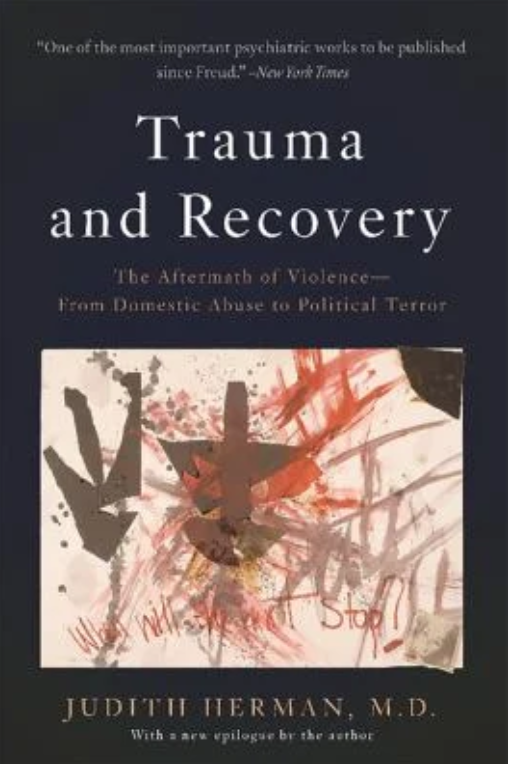Resources
Below are a few of the books which have helped shape the way I think of psychology and healing and have helped me along my own journey. I share them here in the hope that they might serve or inspire you as well.
-

Complex PTSD: From Surviving to Thriving
Hands down the most accessible and useful book on healing from childhood trauma and dysfunctional family dynamics that I’ve ever come across. It’s become a bit of a cult classic in the world of mental health DIY-ers for very good reason.
One of Walker’s major contributions is identifying a fourth trauma response -Fawn, alongside the more well-known Fight, Flight, and Freeze. Fawning is the tendency to abandon oneself, ones own knowing, desires, and feelings in order to appease others - a survival strategy many of us developed early on.
Another powerful concept from this book is that of emotional flashbacks. Unlike visual flashbacks, emotional flashbacks are sudden waves of intense feeling (shame, fear, grief) without a clear memory attached. They can be confusing and overwhelming, but Walker offers a step-by-step process for recognizing and moving through them
-

No Bad Parts
This book is an accessible and profound introduction to “Parts Work” or Internal Family Systems (IFS). It’s especially helpful for those who struggle with inner conflict, self-criticism, or shame. Rather than trying to change ourselves through force or willpower, No Bad Parts teaches us to listen inward, and to heal through the practice of changing our relationship to those parts of us that we often want to just get rid of.
Learning to relate to yourself and your struggles with curiosity and compassion rather than condemnation is often a profound turning point for many.
-

Healing Through the Dark Emotions
One of the most grounding aspects of this book is its reminder that emotional pain is not a personal failure. It’s a natural, human response to a world that includes suffering. Rather than seeing the feelings of grief, fear and despair as signs of dysfunction or things to be “fixed,” Miriam Greenspan invites us to recognize them as essential gateways to healing, meaning, and transformation.
This book helps to teach us how to metabolize the so-called “dark emotions” in ways that lead to deeper resilience, empathy, and connection. The original title of the book was ‘Emotional Alchemy’ meaning that by working consciously with that which originally seems worthless (the alchemist’s lead), we can turn it into something as valuable as gold.
-

The Wild Edge of Sorrow
This book is a profound and poetic guide to grieving, both personally and collectively. Francis Weller, a psychotherapist and soul activist, invites us to see grief not as something to "get over," but as a sacred process that connects us more deeply to life, love, and community.
Weller names five gates of grief, offering a language for the many forms of loss we carry: not just death, but also lost dreams, ancestral wounds, the sorrows of the world, and the parts of ourselves we’ve had to exile to survive. His writing is both lyrical and grounded, weaving together psychology, ritual, and indigenous wisdom in a way that feels deeply human.
This book has a way of softening what feels hard and isolating. It reminds us that our grief is not a problem to be fixed, but a response to love and that healing happens in the presence of others, when we are witnessed and welcomed in our sorrow.
-

When Things Fall Apart
My own copy is dog eared with underlines on every page. This is a classic that helps us navigate the inevitable moments of life when things really do fall apart. Chödrön, an American Buddhist nun, encourages us to lean into this experience of groundlessness instead of struggling against it and shows us how in doing so, we come into greater intimacy with life itself.
-

Belonging: Remembering Ourselves Home
Written in a style that is a delight to read, this book posits that belonging is not a place we eventually arrive at when our outer circumstances are right, but rather a set of inner skills and competencies we can all develop. The author also beautifully reframes exile as a necessary initiation into our authenticity, and provides us with breadcrumb clues about how to find our way back to wholeness.
-

Women Who Run With the Wolves
A true classic and one I've come back to again and again in different moments of my life. In this powerful work, Dr. Estés, a Jungian analyst and gifted storyteller, retells ancient myths and fairy tales, then explores their deeper psychological significance for women. At the heart of the book is the archetype of the Wild Woman: the instinctual, wise, and untamed part of the female psyche. This book is a road map for re-encountering our essence, and a lesson in how powerful it can be to find your psychological process reflected in the right story.
-

Trauma and Recovery
For my fellow mental health DIY over-achievers out there, this is a positively brilliant but dense book.
Originally published in 1992, it was a foundational text for so much of how we now think about trauma. Herman draws comparisons between what was more well known about combat trauma and those which are often harder to talk about because they occur at home. This is the book that first gave me hope that healing was possible.
